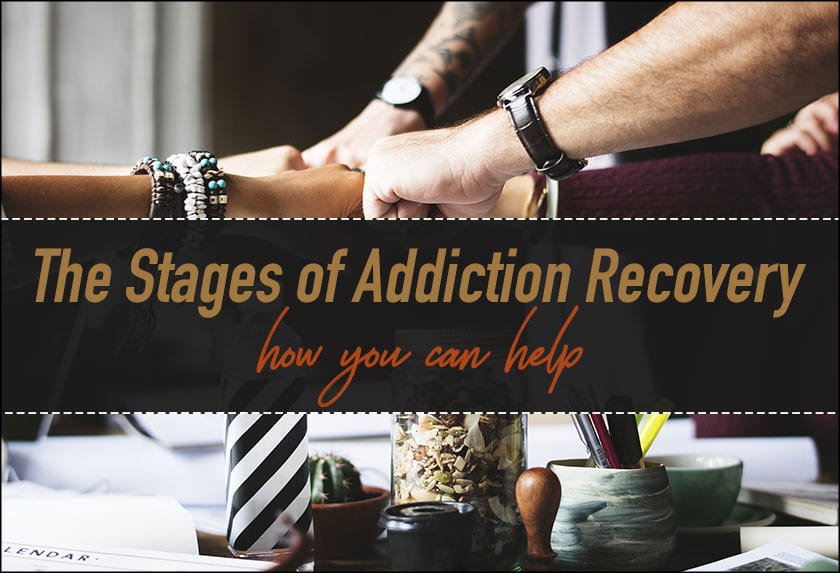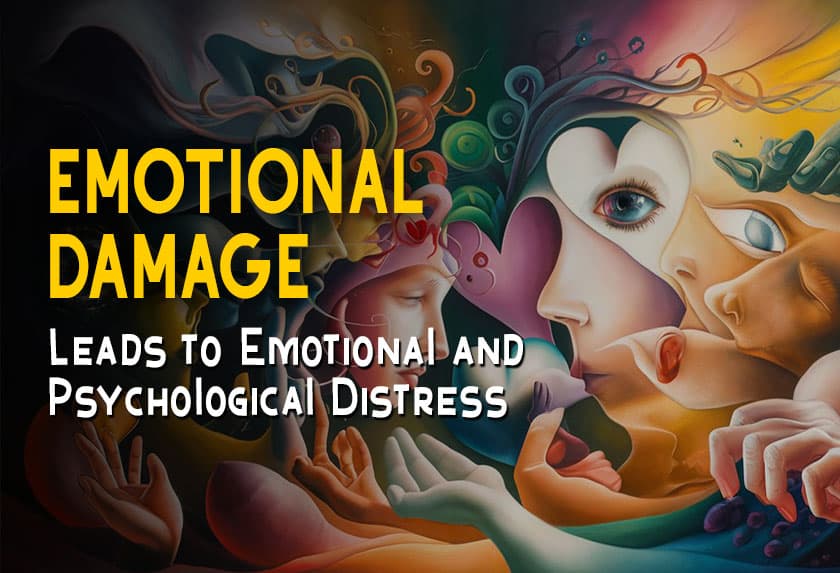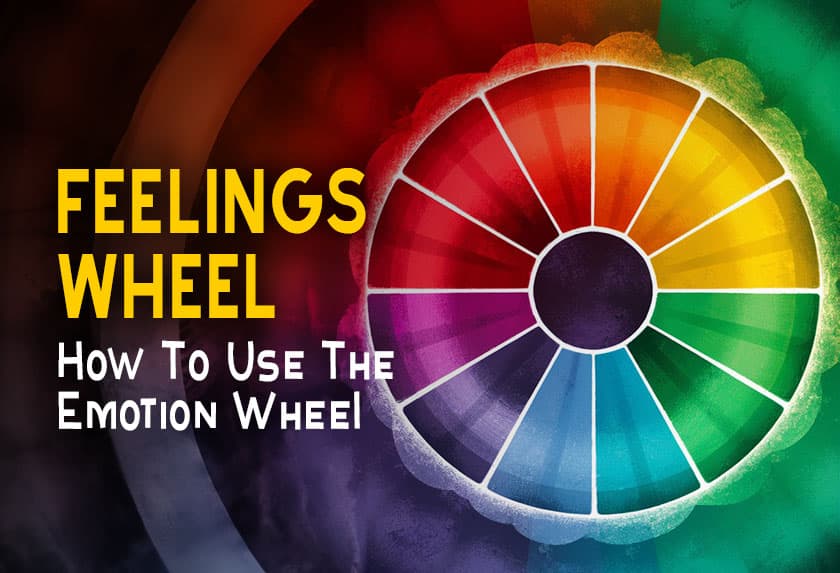Watching a loved one struggle with addiction can be an overwhelming experience, where you often feel powerless to help them or provide the support that you know will be impactful as they navigate through the process.
The best way to find out how you can support your loved one is to understand the common stages of addiction recovery. Once you have a better handle on how an addict transitions through each stage, you’ll be able to find places where you can help.
The Stages of Addiction Recovery
Most addiction specialists agree that there are five main stages in the addiction recovery process, starting with awareness of a problem and ending in active recovery and maintenance of sobriety. Here’s a breakdown of each of them.
1. Awareness
In this early stage of alcoholism addiction recovery, many addicts experience a growing awareness that there is a problem with their substance use. The awareness may be made clear through conversations with friends and family members who recognize their substance abuse, or it comes as a result of a circumstantial upheaval in the addict’s life (health, financial, or relationship difficulties or loss).
During this first stage, you may notice that your loved one hasn’t made any attempt at taking concrete action toward recovery or may make several failed attempts at moderation. The key here is that they are aware of the problem when previously they were not. Then, there comes a key moment when they shift from mere awareness toward understanding the need to take concrete action.
2. Consideration
The shift from awareness to action happens in the second stage of recovery. Addicts become ready to take that first step toward recovery and begin to investigate addiction and how it has an impact on their life and the lives of those they love.
It is important because the addict begins to look outside of themselves to see how their addiction is affecting their loved ones and friends and begins to see that their addiction is not just something that hurts them personally. The realization leads toward action, and they move closer to actively working toward recovery.
3. Exploration
The third stage of recovery is when an addict begins to explore the various recovery options that are available to them. They may come to you or other loved ones with questions about the recovery process or ask for help in choosing a specific treatment option. The third stage is generally the moment where an addict makes that concrete decision to go to rehab.
4. Early Recovery
Early recovery can be both exciting and terrifying for an addict. During this stage, the addict will have detoxed and stopped abusing substances, and begun the process of rebuilding their life after addiction. They will also be working through the effects of the trauma of addiction, pinpointing triggers, and developing coping skills that will help them reach a place where they no longer need drugs and alcohol to cope with the stresses in their lives.
5. Active Recovery
The fifth stage of recovery is generally considered a maintenance stage. By the time they reach this stage, addicts will have done a lot of work to make progress and put themselves in a more stable place with regards to their recovery. It requires a good deal of maintenance as an addict never fully recovers from their addiction. If they can guard against relapse and continue to use the coping skills they have learned in recovery, they will continue to live happy lives.
How Can You Help?
As you help your loved ones through this recovery process, there may be moments where you feel completely helpless. Particularly in the early stages of recovery, it can feel like your loved one will never get over their addiction. There are some things that you can do to provide critical support that they will need as they begin this long and arduous journey.
- Be patient. The recovery process is a long one and may come in fits and starts for your loved one. They will go at their own pace and must make many of the decisions on their recovery journey by themselves. If you try to rush it, they may never feel ready to get the help that they need.
- Listen. If your loved one comes to you to talk through the recovery process or asks for help in any part of the journey, your first duty is to listen to them and try to meet them where they are at.
- Take care of yourself. You can’t be an effective support system if you don’t also take care of your own wellbeing. Addiction doesn’t just affect the person suffering, but those who love them. Be sure to check in with yourself regularly to make sure that you aren’t causing harm to yourself in attempting to provide support to your loved one.
Your Support Can Be a Huge Help
Understanding the stages of recovery can help you be a more effective support system for loved ones suffering from addiction. The process is a long one full of potential mishaps, relapses, and failures, but the resources available to you and your loved one and a greater understanding of how they transition through the stages of addiction recovery make it much easier to find a treatment option that will help them get back on track.













